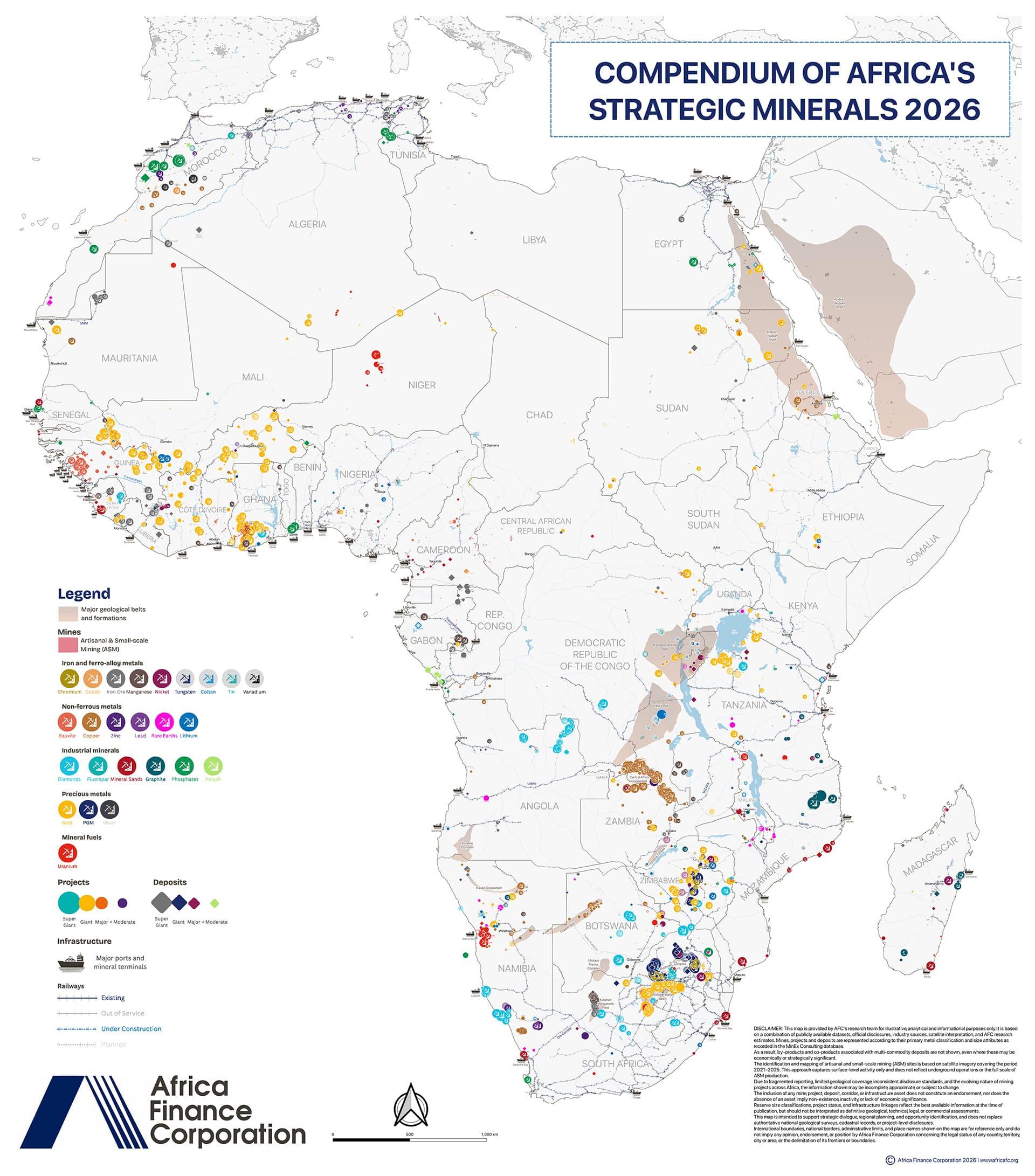The African Development Bank has signed three technical assistance grant agreements with the government of Libya, reaffirming its commitment to the North African country. The agreements were signed in Tripoli, the Libyan Capital, on 21 November 2023, the first day of a consultation mission by an African Development Bank delegation led by Mrs Malinne Blomberg, deputy director general for the North Africa region and country manager for Libya.
The grants include $1m in emergency support which will be channelled through the United Nations Children’s Fund in collaboration with the Libyan government and used to procure much needed wash and hygiene kits and emergency materials for temporary learning spaces and rehabilitated classrooms. The supplies, which were swiftly arranged by the bank, became necessary following the Derna floods which devastated the eastern part of the country. The three parties to the agreement will make the funds speedily available for the worst-affected people, especially women and children.
Speaking at the signing ceremony, Mrs Blomberg expressed sympathy on behalf of the bank for the people of Libya in their recovery efforts following the floods.
Dr Khalid El Mabrouk, Libya’s minister of finance, thanked the Bank for its prompt response. “We appreciate the support of the Bank, namely the timeliness and efficiency demonstrated to approve the grants,” he said. “The partnership with the Bank has always been strong and instrumental in advancing the development agenda of the Libyan authorities, and we value the assistance of the Bank in preparing and delivering on projects of strategic importance to Libya.”
Michele Servadei, the UNICEF Representative for Libya, said the funds would be a crucial part of the emergency response to the floods. “Thanks to this support UNICEF will focus on safe water provision, hygiene promotion and water quality monitoring, as well as supplies for school reopenings and for the delivery of psychosocial services. I believe this is an important step of a very fruitful partnership between our two organisations,” he said.
The two other technical assistance agreements draw on the Bank’s Middle-Income Technical Assistance Fund (MIC TAF). The first will support the Government in developing the first Food Security and Nutrition Strategy for Libya and strengthen the resilience of the food supply chain to external shocks such as climate change. The second is the result of engagements between the bank and Libya’s ministry of finance to advance the government’s public finance management reform agenda. It will enable the implementation of the Integrated Financial Management and Information System (SI-IFMIS).
Mrs Blomberg reiterated the Bank’s commitment to Libya. She said, “Improving the overall well-being and quality of life for the people of Libya through a strategic and sustainable approach to food is at the forefront of the Bank’s priorities; equally crucial is strengthening the public finance management capacity of the Government of Libya, through the digitalization of the national finances processes for further efficiency and transparency.”
The delegation, which included Mrs Yasmine Eita, country programme officer; Mrs Kaouther Abderrahim, country economist for Libya; and Mr Ibrahim Abdel-Ati, blended finance officer, visited the country from 21 to 24 November 2023. During the mission, it held discussions with the Libyan government on the Bank’s proposed initiatives and projects for 2024.




